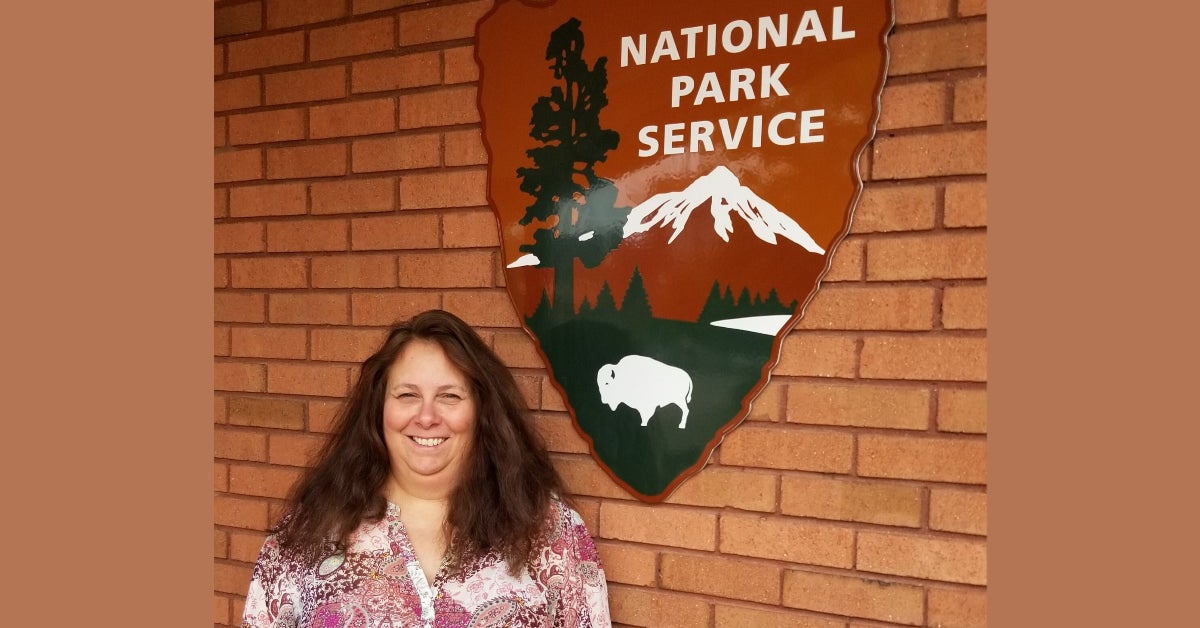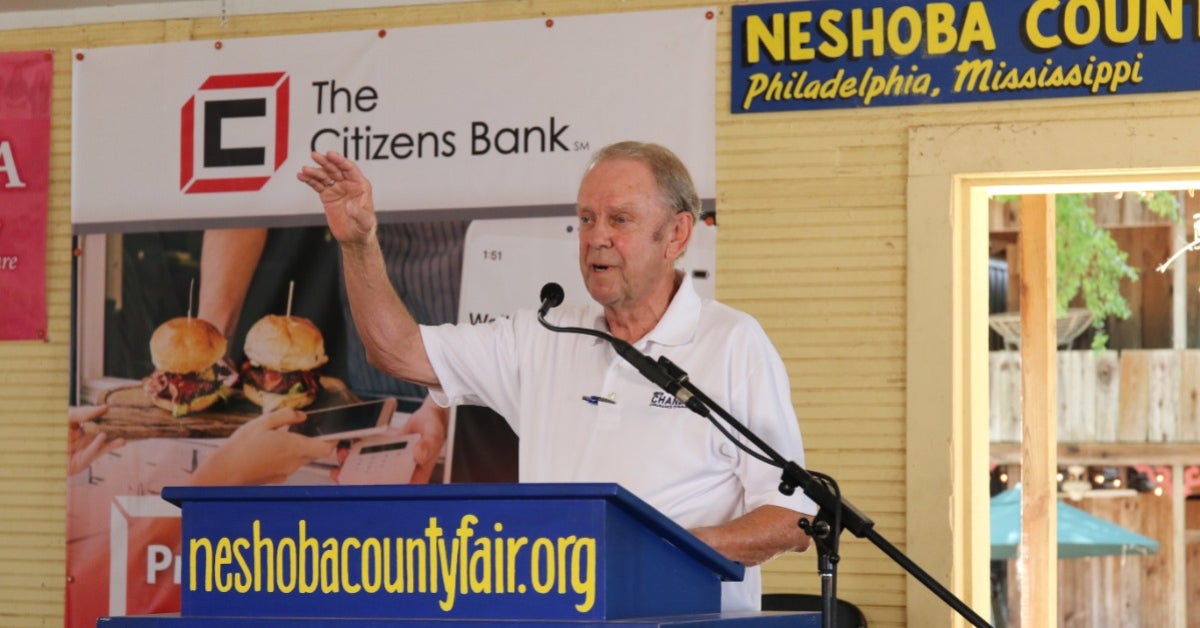University of Mississippi researcher moving to Vicksburg to study African American experience after Civil War
Published 12:50 pm Wednesday, June 14, 2023

- University of Mississippi history instructor Beth Kruse.
For the next two years, University of Mississippi history instructor Beth Kruse will live and work in Vicksburg, delving into the untold story of Black Americans in the tumultuous Civil War South.
The National Park Service Mellon Humanities Postdoctoral Fellowship has named 15 postdoctoral fellows — Kruse among them — to help tell a more inclusive and complete story of American history, particularly focusing on people who have, in the past, not been included in history’s narrative.
As a fellow, Kruse will piece together the history and experiences of African Americans living in and around Vicksburg between the Civil War and Reconstruction.
“This is an enormous accomplishment for (Kruse),” said Kathryn McKee, director of the Center for the Study of Southern Culture. “(She) has gotten a post-doc that potentially points her toward a career in public history. This is a testimony to her persistence and her hard work and the quality of her work.”
For her fellowship, Kruse will examine widow and orphan pension letters and other documents from African American soldiers who died in the war and are buried in the Vicksburg National Cemetery. She will also gather stories from families who are descendants of Civil War soldiers and the local Freedmen communities.
“It’s a matter of looking at records with current historical understandings searching for African American history that was previously overlooked and talking to people about their ancestors’ stories,” Kruse said. “We can actually form a picture of Mississippi and Louisiana’s Civil War and Reconstruction-era African Americans’ daily lives based on their documented experiences.”
The sources have already revealed the strength of community and family in forming Vicksburg Freedmen towns, as well as the bonds formed between men who joined the U.S. Colored Troops and their families, Kruse said.
By tracing these documents, Kruse said she hopes to find missing links in the genealogy of some African Americans living in the region. During the fellowship, Kruse will be part of the Vicksburg National Military Park’s plan to host a genealogy class helping community members trace their families back to the Antebellum era.
“We are strengthening partnerships with the Vicksburg African American community because many of them are descendants of the U.S. Colored Troops or Freedmen,” Kruse said. “It is their stories that we want to insert back into the local Civil War and Reconstruction era history.”
Telling the lesser-known stories about African American soldiers who fought and died in the war will also help close a gap in history, Kruse said.
“I really want to give the life stories of those, especially the men who are buried in that cemetery,” Kruse said. “Those who have been written out of history, they’re still fighting for the rights that were guaranteed for them after the Civil War that were denied through Reconstruction-era violence and Jim Crow-era laws.
“There’s still systemic racism and exclusion in America,” she added. “We have to get their story out to make the U.S. a better place.”





